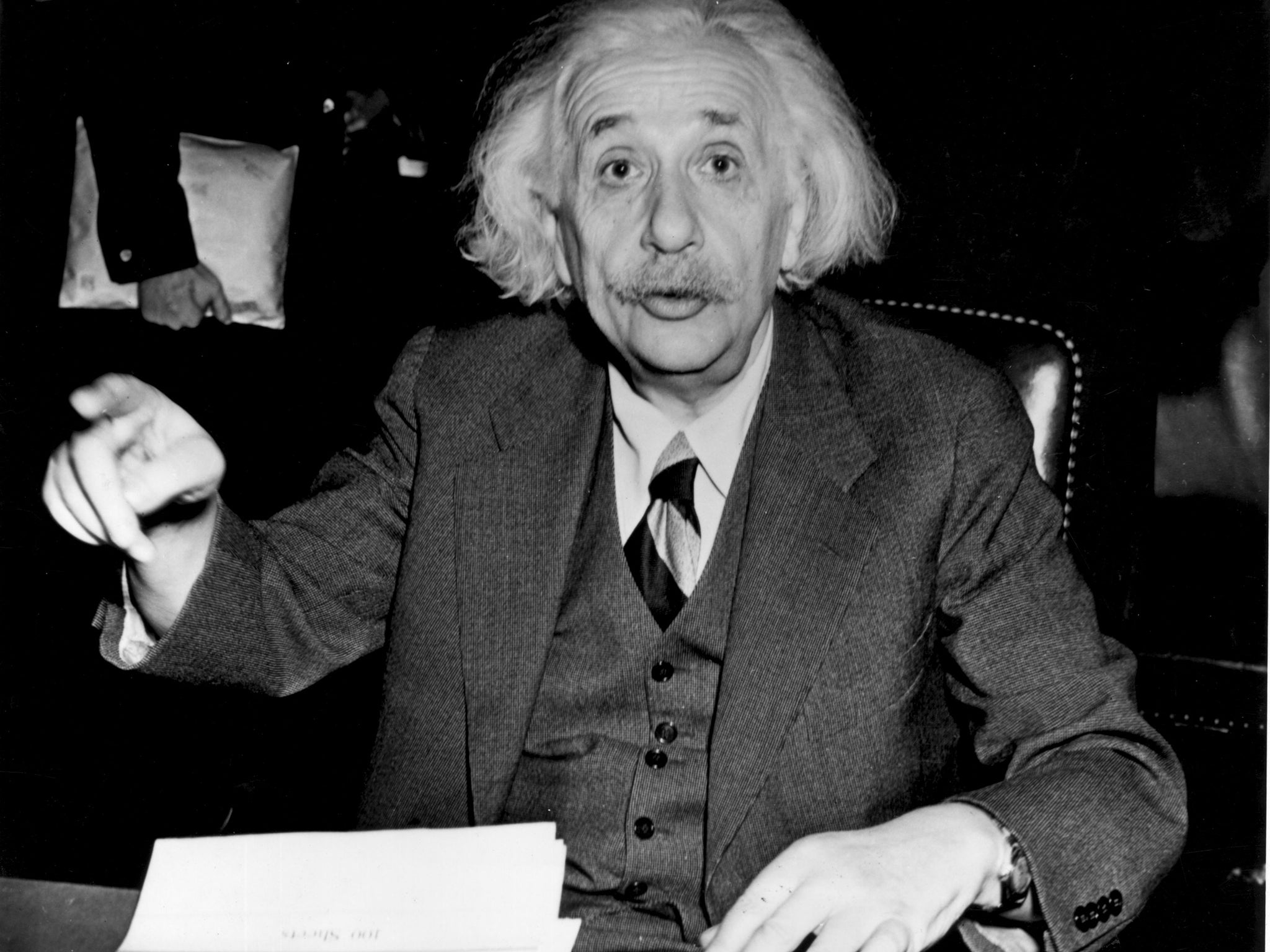Scientists discover the parts of the brain which determine intelligence – and say they may be able to control them
Researchers at University College London said the clusters of genes found in brain controlled all human cognitive functions from memory to attention and reasoning

Scientists have identified a cluster of genes in the brain that could determine human intelligence.
The two clusters - called M1 and M3 - are networks of hundreds of individual genes that are thought to influence all our cognitive functions - including memory, attention, processing speed and reasoning.
The scientists at Imperial College London who conducted the study believe these clusters are likely to be under the control of master regulator switches.
They now want to identify where these switches are and learn whether it is possible to manipulate them - saying this could ultimately mean gene therapy could boost cognitive function.
Dr Michael Johnson- who led the study - said: “We know that genetics plays a major role in intelligence but until now haven't known which genes are relevant. This research highlights some of genes involved in human intelligence, and how they interact with each other.
“Our research suggests that it might be possible to work with these genes to modify intelligence, but that is only a theoretical possibility at the moment - we have just taken a first step along that road.”
In the study - published in the journal Nature Neuroscience - the researchers looked at samples of human brain from patients who had undergone neurosurgery for epilepsy or suffered from neurological disorders such as autism and intellectual disabilty.
They also looked at the genetic information from health people who had undergone IQ tests.
They found that the same genes that influence human intelligence in healthy people were also the same genes that caused impaired cognitive ability when mutated.
Dr Johnson said: “Traits such intelligence are governed by large groups of genes working together - like a football team made up of players in different positions.
“We found that some of these genes overlap with those that cause severe childhood onset epilepsy or intellectual disability.”
Join our commenting forum
Join thought-provoking conversations, follow other Independent readers and see their replies
Comments
Bookmark popover
Removed from bookmarks